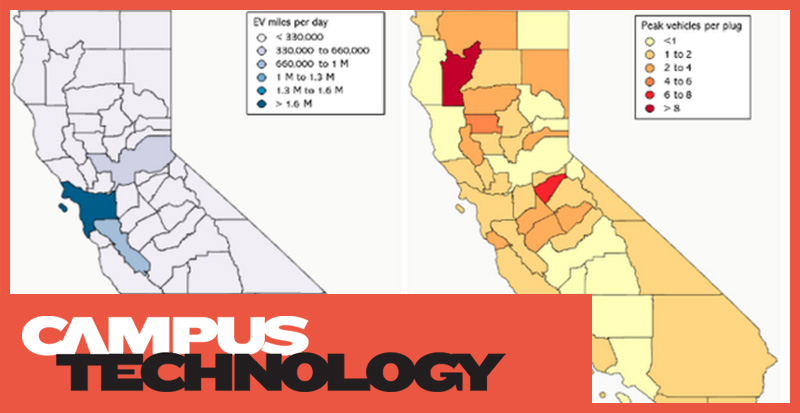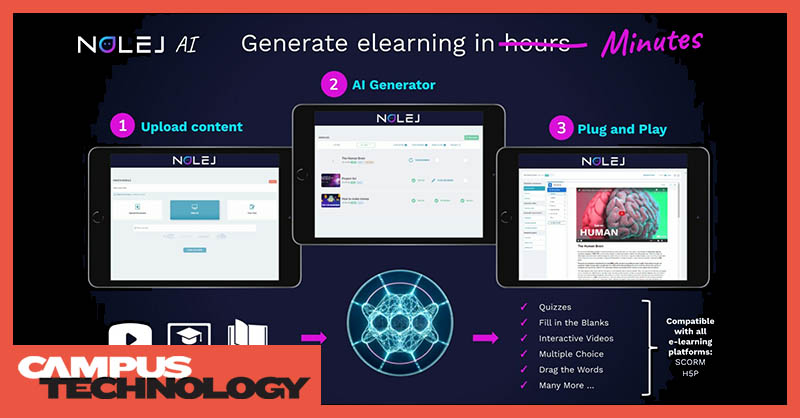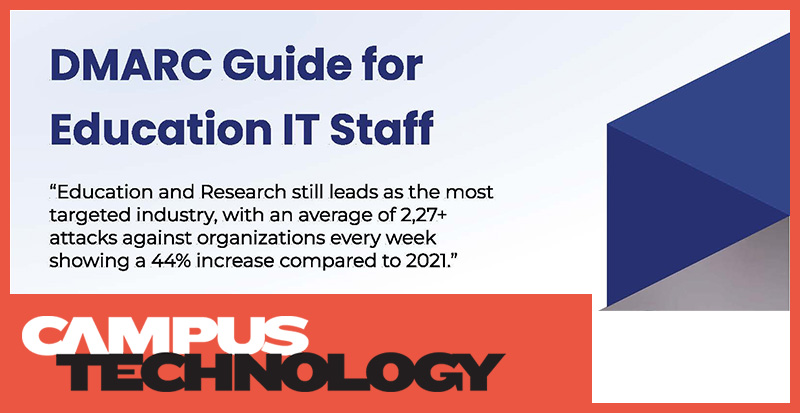
Purdue University and Google Cloud have partnered, using Google's BigQuery and BigQuery GIS data sets, to show where rural areas need Level 3 DC Fast Charge Stations. This information can help public and private sectors plan investments to support equitable access to electric vehicles to help reduce and eliminate carbon energy impacts.

Since April 3, CISA has published alerts on seven known exploited vulnerabilities — two of which pose immediate risks for a long list of Apple devices — ordering federal agencies to remediate the identified vulnerabilities immediately and encouraging all organizations to do the same.

Worldwide IT spending is projected to increase 5.5% this year to a total of $4.6 trillion by the close of 2023, according to the latest forecast by market researchers at Gartner. And IDC analysts project significant growth in cloud infrastructure spending, tempered by a decline in spending on non-cloud infrastructure and devices.

Plagiarism detection software Turnitin now includes new live AI-writing detection features that “identify the use of AI writing tools including ChatGPT, with 98% confidence,” the company said.

The University of California, Riverside is boosting computing speed, agility, and scale for researchers through a new subscription agreement with Google Cloud. The deal is part of an effort to modernize the institution's enterprise infrastructure and provide more computing flexibility and innovative IT services on campus.

A French generative AI ed tech startup called Nolej (pronounced “knowledge”) has made publicly available its new OpenAI-based instructional content generator for educators, called Nolej AI, ahead of its official introduction at BETT in London planned for Thursday, March 30, and its scheduled commercial debut at the ASU+GSV Summit on April 19, the company's chairman told Campus Technology.

Thanks to the CIO's efforts on campus and through partnering with external cyber organizations, USC Aiken is enjoying a successful first year of its student-staffed Security Operations Center, expanding cyber-monitoring capabilities for not only the Aiken campus but also for sister campuses in the USC system — and the university is no longer short-staffed in the IT department.

Blackbaud, a South Carolina-based provider of administrative, donor management, and CRM software to thousands of K–12 private schools, higher education institutions, and nonprofits, has been ordered by the U.S. Securities and Exchange Commission to pay a fine of $3 million to “settle charges for making misleading disclosures about a 2020 ransomware attack that impacted more than 13,000 customers,” the federal agency said in a news release.

Expanded multi-modal MathGPT Platform possibilities mean any math content or curriculum can be turned into a personalized GPT-powered chatbot with interactive text, audio, and video learning, and GotIt can configure the platform to work with a wide variety of applications in math education, the company said.

New research shows that an overwhelming majority of education institutions in the United States have incorrectly configured e-mail security settings and as a result are more susceptible to phishing and spoofing threats.